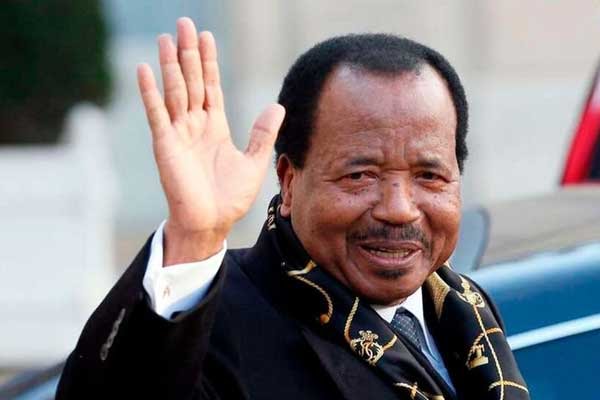Cameroon has outlawed any discussion about the health of 91-year-old President Paul Biya, a letter shared by the interior ministry said, after Biya’s prolonged absence fuelled widespread speculation he was unwell.
Earlier this week, the authorities put out statements saying the president was on a private visit to Geneva and in good health, dismissing reports he had fallen ill as “pure fantasy”.

In the letter to regional governors dated Oct. 9, Interior Minister Paul Atanga Nji said discussing the president’s health was a matter of national security.
From now on, “any debate in the media about the president’s condition is therefore strictly prohibited. Offenders will face the full force of the law”, Nji said.
He ordered the governors to set up units to monitor broadcasts on private media channels, as well as social networks.
Cocoa and oil-producing Cameroon, which has had just two presidents since independence from France and Britain in the early 1960s, is likely to face a messy succession crisis if Biya became too ill to remain in office or died.
Cameroon’s media regulator, the National Communication Council, could not immediately be reached for comment.
The move faced criticism as an act of state censorship.
“The president is elected by Cameroonians and it’s just normal that they worry about his whereabouts,” said Hycenth Chia, a Yaounde-based journalist and talk show host on privately owned television Canal2 International.
“We see liberal discussions on the health of Joe Biden and other world leaders, but here it is a taboo,” he told Reuters.
Press freedom advocacy group Committee to Protect Journalists said it was gravely concerned.
“Trying to hide behind national security on such a major issue of national importance is outrageous,” said Angela Quintal, head of the CPJ’s Africa Program.
Biya has not been seen in public since attending a China-Africa forum in Beijing in early September. His failure to appear as scheduled at a summit in France last weekend further stoked public discussion about his health.






